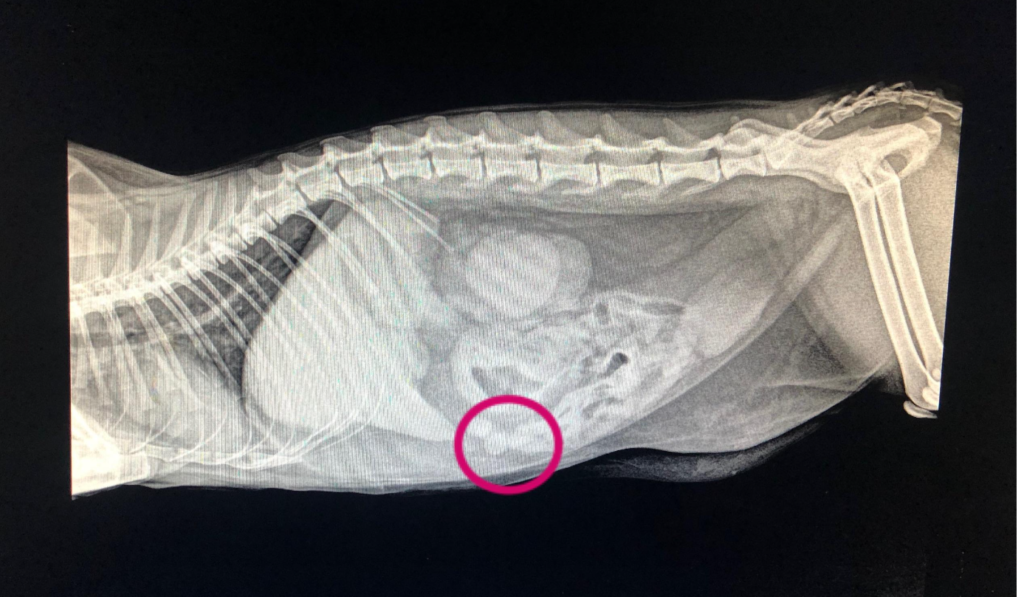FIP KNOWLEDGE
Feline Infectious Peritonitis (FIP) is a viral disease that affects domestic cats and some wild feline species. It is caused by a type of coronavirus called feline coronavirus (FCoV). FIP is a complex and often fatal disease, and it can manifest in two main forms: effusive (wet) FIP and non-effusive (dry) FIP.
- Effusive (Wet) FIP:
- This form of FIP is characterized by the accumulation of fluid in the body cavities, such as the abdomen or chest.
- Symptoms may include abdominal swelling, difficulty breathing, lethargy, weight loss, and other systemic signs.
- Non-effusive (Dry) FIP:
- In this form, there is less fluid accumulation, and the disease primarily affects various organs, leading to the formation of granulomas.
- Symptoms can vary widely and may include weight loss, jaundice, fever, and neurological signs.

FIP is believed to occur when a mutation of the feline coronavirus (FCoV) happens within an infected cat. The mutated virus triggers an abnormal immune response, leading to the development of FIP. Cats with FIP shed the virus in their saliva, feces, and urine, contributing to the spread of the virus.
Diagnosing FIP can be challenging, and it often requires a combination of clinical signs, laboratory tests, and sometimes a biopsy. Unfortunately, there is no specific cure for FIP, and treatment options are generally supportive and aimed at alleviating symptoms.
Preventing the spread of FIP involves minimizing exposure to the feline coronavirus. Maintaining good hygiene, reducing overcrowding in cat populations, and isolating infected cats can help prevent the spread of the virus. There is a vaccine available for FCoV, but its efficacy and use are subject to debate among veterinarians.

